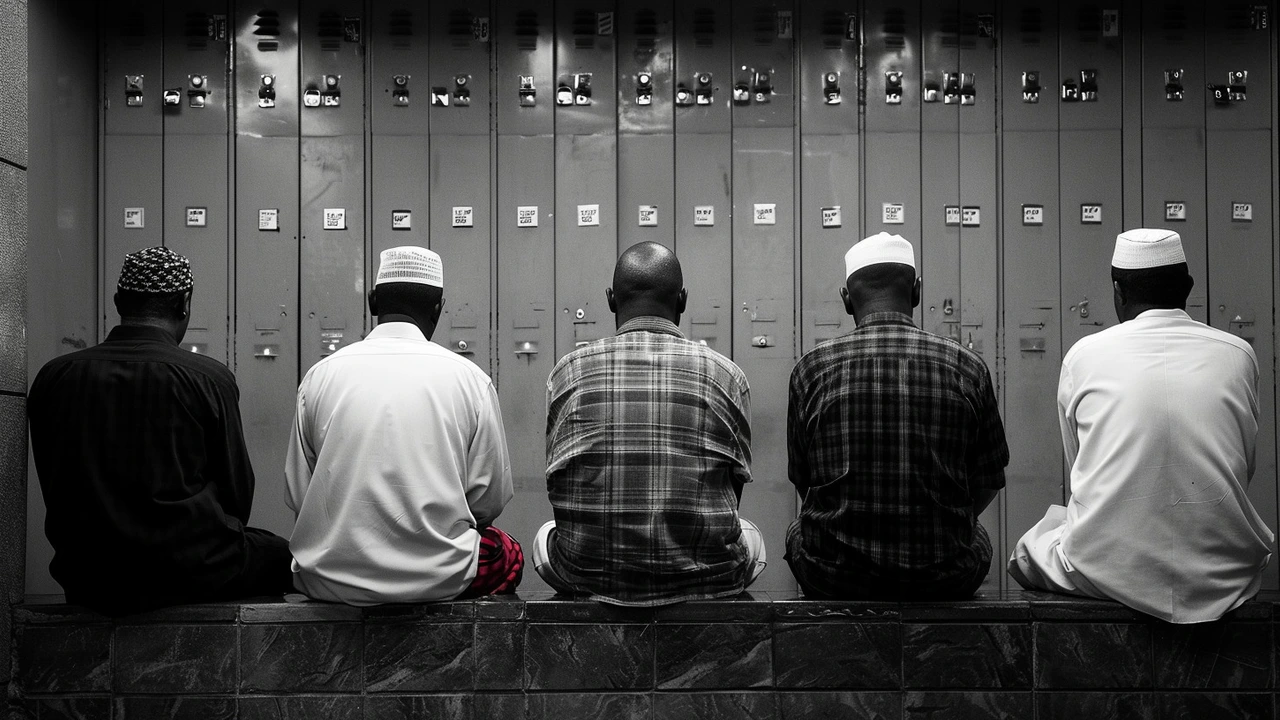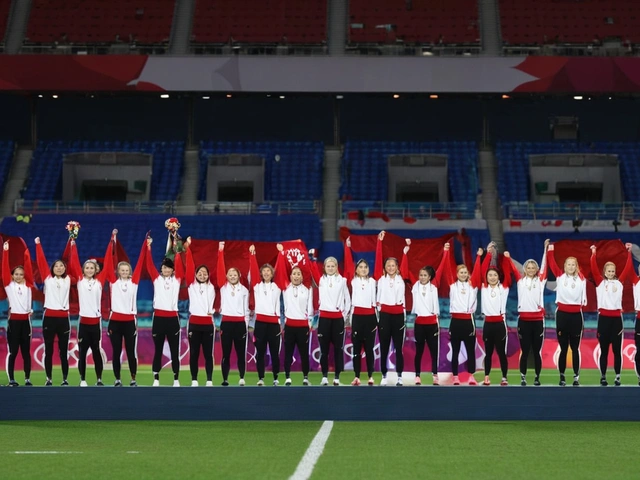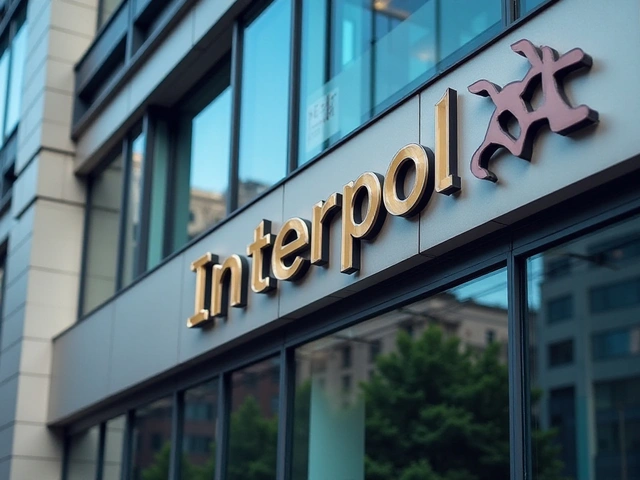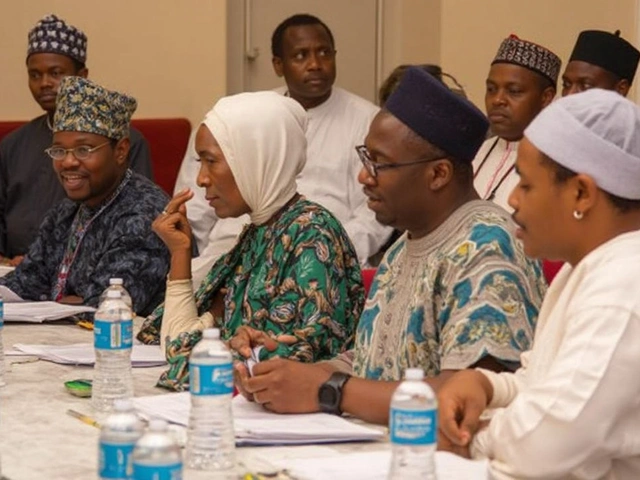Eid-ul-Adha: What it means and how Africans observe it
Eid-ul-Adha is one of the biggest Muslim festivals worldwide. It marks the willingness of Ibrahim (Abraham) to sacrifice for God and links directly to the Hajj pilgrimage. For many families across Africa the festival blends prayer, a ritual sacrifice (qurbani), big meals, and giving to neighbours who need it most.
The day starts with the takbir (repeated praise of God) and a special Eid prayer. After the prayer, families perform the qurbani: slaughtering a permitted animal and dividing the meat into three parts—one for the household, one for relatives and friends, and one for the poor. That division is central: it turns a private act into public care.
How Eid-ul-Adha looks across Africa
North Africa often centers around lamb or sheep. Markets swell a few days before Eid with families inspecting animals. Morocco, Algeria and Egypt mix old markets with modern slaughterhouses and community distribution.
In West Africa, Nigeria and Senegal combine urban mosque prayers with large family feasts. New clothes and visits to elders are common. In cities you’ll find busy livestock markets and lots of shared plates handed out to neighbours.
East African traditions vary with landscape. In pastoral areas of Somalia, Ethiopia and parts of Kenya, camels, goats and sheep are common qurbani choices. Communities often perform the slaughter publicly and distribute meat to extended networks, including those across borders.
Southern Africa hosts smaller Muslim communities but still marks Eid with strong family rituals, charity drives and mosque gatherings. Urban areas sometimes use licensed abattoirs to meet health rules while rural areas keep traditional practices alive.
Practical tips for visitors and locals during Eid
Want to join or report on Eid? Respect local rules. Prayer times and official moon-sighting announcements determine the exact day—check local mosque or national religious councils. If you visit a mosque, dress modestly and follow gender-separated spaces where they exist.
Buying animals? Inspect health papers, ask about halal practices, and compare prices across markets early in the day. If you’re giving meat away, use coolers or quick-cook methods to avoid spoilage in hot climates. Hygiene matters: use clean surfaces and safe water when preparing meat.
Photography is sensitive. Ask before taking pictures of worshippers or slaughter; many people prefer privacy during religious moments. Traffic and crowds spike near mosques and markets—plan travel and expect delays.
Want to help? Donate through local, trusted charities or mosque committees rather than handing out cash on the street. Support initiatives that use funds for community distribution—this keeps aid organized and reaches those who need it most.
Eid-ul-Adha is loud, warm and often generous. If you treat rituals with respect and act with common sense—on safety, hygiene and consent—you’ll connect with one of Africa’s most meaningful annual moments.
The Interior Cabinet Secretary, Kithure Kindiki, has declared Monday, June 17, 2024, a public holiday for Eid-ul-Adha. This decision, announced through a gazette notice, aligns with the Public Holidays Act. Eid-ul-Adha honors Prophet Ibrahim's sacrifice and concludes the annual Hajj pilgrimage to Mecca.
Recent-posts
Feb, 24 2025






